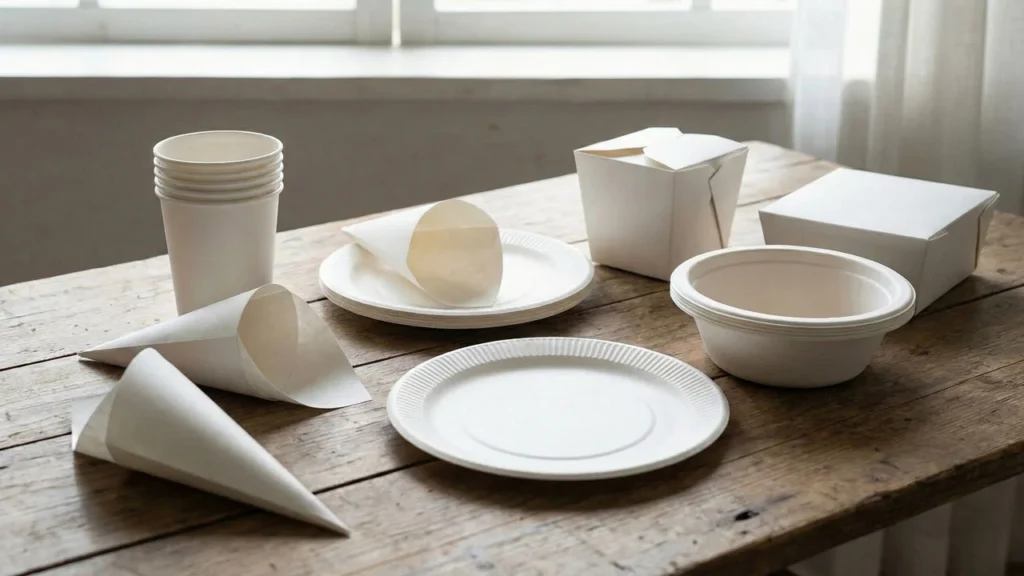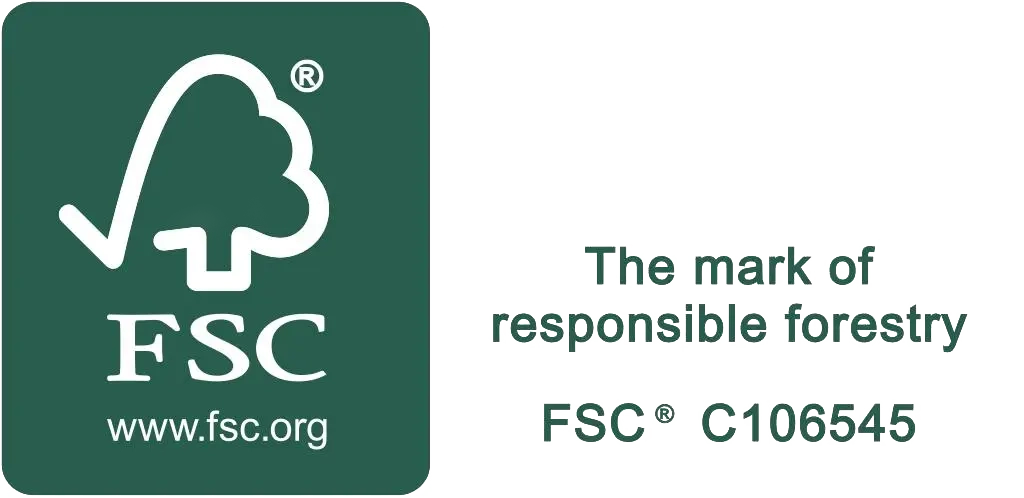
Every harvest season in northern India leaves fields dotted with wheat straw, while sugar mills across the country pile up bagasse. For years, most of this residue had little value and often ended up burned, adding smoke to already heavy winter air. Today, these leftovers are part of a very different story: they fuel an industry turning farm waste into strong, sustainable packaging.
At KR Papers, we began working with these materials in 1995, setting up our Shahjahanpur mill with one goal: create kraft paper that performs as well as wood-based grades while supporting rural incomes. Decades of refining pulping and cleaning techniques have made us a trusted name in eco-friendly packaging paper for clients across India and overseas.
Agricultural fibers have a mix of traits that make them ideal for kraft production:
Our in-house tests show burst and tear strength well above the benchmarks needed for premium packaging.
Residues reach our mill baled and dusty. Before cooking, they go through:
Only clean material reaches our continuous digesters, where temperature and alkali balance are tuned in real time. The goal: draw out the best fibers while keeping their natural strength intact.
For furniture and interiors, our absorbent kraft gives laminates a smoother, more even surface. Traditional wood backers can soak resin unevenly, causing bubbles or weak spots. By controlling tiny pores in bagasse-based sheets, we help resin spread uniformly, trimming press times and improving durability — benefits verified by independent lab reports.
Performance matters when paper faces the pressures of shipping and storage. Independent tests for European buyers show our packaging grades excelling in burst strength, tear resistance, and edge-crush performance, even after extended exposure to high humidity. E-commerce brands using our HRCT (High Resistance to Crushing and Tearing) papers report fewer delivery damages and noticeably happier customers.
Switching from trees to residue brings efficiency:
These gains let us keep pricing competitive while staying a sustainable paper manufacturer in India.
Every run is tracked under ISO-certified controls. Sensors watch digester pressure and temperature, while labs check burst factor, Cobb absorption, and grammage hourly. Regular audits from packaging and food brands confirm our paper meets both safety and strength standards.
Working with residue also supports people. Farmers earn extra by selling straw and bagasse instead of burning them. Local crews bale and transport material, and cooperatives bargain better prices for members. Thousands now benefit from a supply chain that turns farm waste into steady income.
Our research team keeps testing fibers like rice husks and corn stalks. New enzyme pre-treatments may cut chemical use further and lift yield. Demand from various parts of the world pushes us to create kraft with higher strength and lower footprint. Renewable power from biomass and recovery systems closes the loop, making energy a partner in production.
Nearly thirty years of work have shown that packaging strength and sustainability can grow together. By giving farm residue a new life as premium kraft paper, KR Papers helps businesses protect goods, back eco goals, and improve rural livelihoods — proof that innovation can turn what was once waste into lasting value.
At KR Papers, we craft premium, eco-friendly paper solutions that blend quality, innovation, and sustainability to meet diverse customer needs.

© 2026 KR Pulp and Papers Limited. All rights reserved.
WhatsApp us